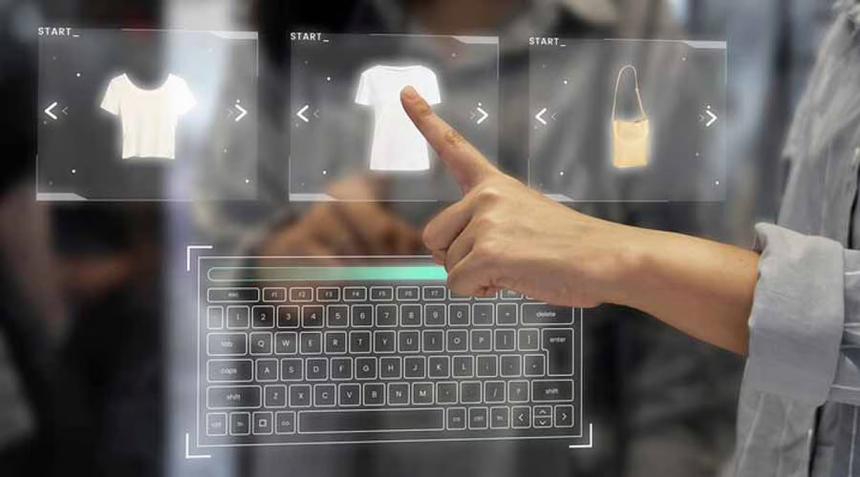In a world where innovation moves at lightning speed, one technology is poised to disrupt industries, redefine norms, and reshape the way we live and work. But while some are embracing this groundbreaking advancement, others are resisting—or simply unprepared for the seismic shift it brings. This technology is artificial intelligence (AI), and its impact is already being felt across the globe.
What Makes AI a Game-Changer?
Artificial intelligence is no longer a futuristic concept—it’s here, and it’s transforming everything from healthcare to finance to education. Here’s why AI is such a big deal:
- Automation of Routine Tasks: AI can handle repetitive tasks faster and more accurately than humans, freeing up time for more creative and strategic work.
- Data Analysis at Scale: AI can process and analyze vast amounts of data in seconds, uncovering insights that would take humans years to discover.
- Personalization: From Netflix recommendations to personalized marketing, AI is making experiences more tailored to individual preferences.
- Innovation in Healthcare: AI is revolutionizing diagnostics, drug discovery, and patient care, potentially saving millions of lives.
According to a report by McKinsey & Company, AI could contribute up to $13 trillion to the global economy by 2030. But with great power comes great disruption—and not everyone is ready for it.
Why Some Are Resisting the Change
Despite its potential, AI is facing pushback from various quarters. Here’s why:
- Job Displacement: Many fear that AI will replace human workers, particularly in industries like manufacturing, retail, and transportation. A study by the World Economic Forum estimates that 85 million jobs could be displaced by AI and automation by 2025.
- Ethical Concerns: Issues like data privacy, algorithmic bias, and the misuse of AI for surveillance are raising red flags.
- Lack of Understanding: Many businesses and individuals simply don’t understand how AI works or how to integrate it into their operations.
- High Costs: Implementing AI technology can be expensive, putting it out of reach for smaller businesses.
Industries Already Feeling the Impact
AI is already making waves in several sectors:
- Healthcare: AI-powered tools like IBM’s Watson are helping doctors diagnose diseases and recommend treatments.
- Finance: Algorithms are being used to detect fraud, manage investments, and assess credit risk.
- Retail: Companies like Amazon are using AI to optimize supply chains and personalize shopping experiences.
- Education: AI-driven platforms like Khan Academy are providing personalized learning experiences for students.
How to Prepare for the AI Revolution
If you’re not ready for AI, now’s the time to get on board. Here’s how:
- Educate Yourself: Learn the basics of AI and how it applies to your industry. Websites like Coursera and edX offer free and paid courses on AI.
- Upskill Your Workforce: Invest in training programs to help your employees adapt to new technologies.
- Start Small: You don’t need to overhaul your entire business overnight. Begin with small AI-driven projects and scale up as you see results.
- Address Ethical Concerns: Develop clear guidelines for the ethical use of AI in your organization.
The Future of AI
The AI revolution is just getting started. As the technology continues to evolve, it will create new opportunities—and challenges—that we can’t yet imagine. According to Gartner, by 2025, AI will be a top priority for more than 30% of CIOs.
But one thing is clear: those who embrace AI and adapt to its changes will thrive, while those who resist risk being left behind.
Sources:
- McKinsey & Company – AI’s Economic Potential
- World Economic Forum – The Future of Jobs Report
- Gartner – AI Trends
- Coursera – AI Courses
- edX – AI and Machine Learning Courses





